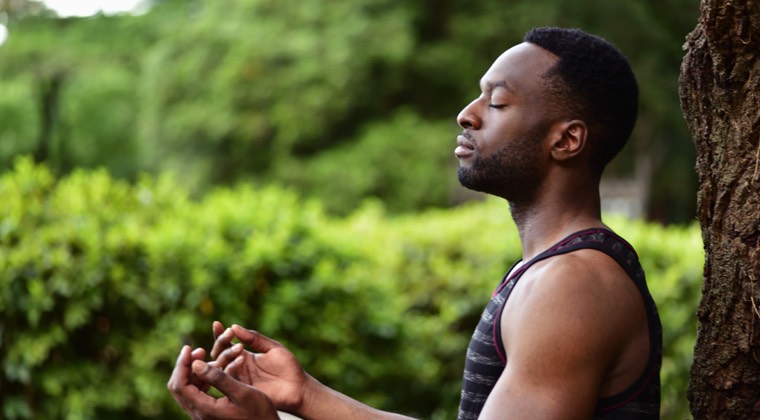Spirituality
Spirituality is a connection with something bigger than yourself. It often involves the formation of personal values and the search for meaning in life. Religious beliefs are a common but special case of spirituality where the connection to something bigger (e.g., God or multiple Gods) is supported by religious doctrine. Other forms of spirituality may be more personal in nature or involve other forms of readings or social communion. The realm of spirituality pertains to the spirit or soul as distinguished from the realm of physical objects.
Personal spirituality can influence your choices about daily living and relationships with others. Spiritual beliefs can also influence how you process negative life experiences and the impact they have on your life. Spirituality can play a key role in how you think, feel, and act when coping with your PASC symptoms.








